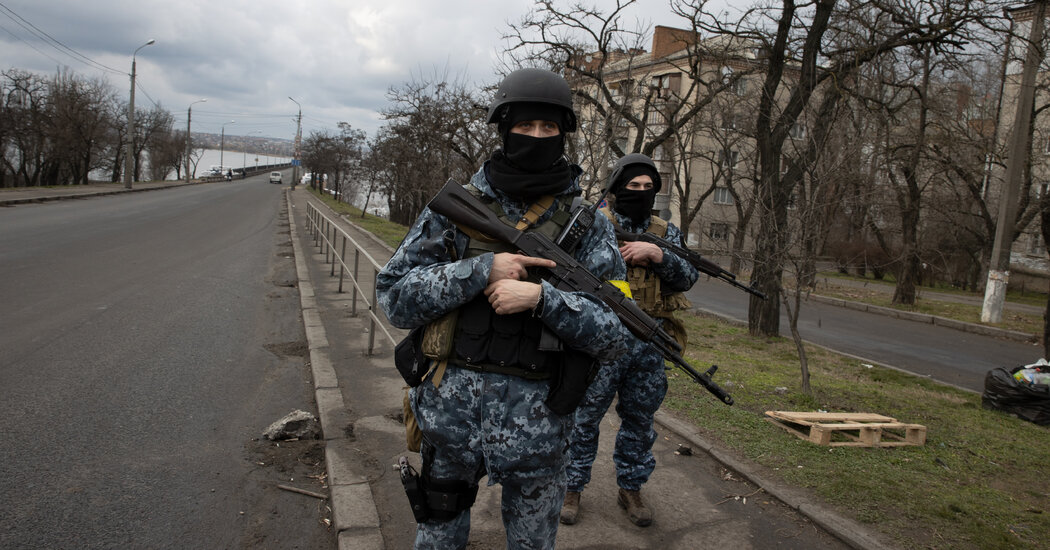
Europeans were similarly reluctant about shipping lethal weapons to the Ukrainian Army, even those categorized as defensive. Fearing a backlash at home, Germany and its neighbors limited themselves to sending protective gear like helmets or flak jackets.
But their resolve quickly stiffened with the start of the war. Shortly before Germany, the Netherlands offered Ukraine Stinger missiles and other weapons. Last Saturday, the European Union set up a nearly $500 million fund for members to send weapons. It was the first time the bloc jointly purchased lethal weapons to arm another country’s army under the E.U. banner — another Rubicon crossed.
“I don’t remember a time when the target of Western sanctions was so economically integrated into the West,” said Tom Keatinge, a senior researcher with the British Royal United Services Institute, a research group in London. Punishing Russia, he said, became an imperative for world leaders and everyday consumers. “It became about, ‘What are you, man on the street, going to sacrifice for Ukraine?’”
Countries that are geographically closer to Russia, like Poland, Estonia, Latvia and Lithuania, as well as the Netherlands — backed by the United States and Canada — pressed for a single huge set of sanctions that would genuinely hurt Mr. Putin, according to European officials who took part in the talks.
In particular, these countries were pushing for personally penalizing Mr. Putin and his foreign minister, Sergey V. Lavrov, and suspending Russian banks from SWIFT, a kind of financial nuclear option that had by that point become a rallying cry for protesters on the streets of Europe and on social media. But SWIFT was still a no go for the Germans, several officials said.
A ‘Quantum Leap’ in Financial Penalties
It was before dinner on Feb. 24, on the evening after the invasion began, when Mr. Zelensky’s image flickered on a video screen. European leaders were meeting under the highest level of secrecy, without advisers or electronic devices. Clad in suits and ties, they were seated in the comfort of a high-tech conference room in Brussels. Mr. Zelensky appeared to be in a bunker, somewhere in Kyiv, wearing his now-famous military-green T-shirt. The contrast was not lost on anyone in the room.




